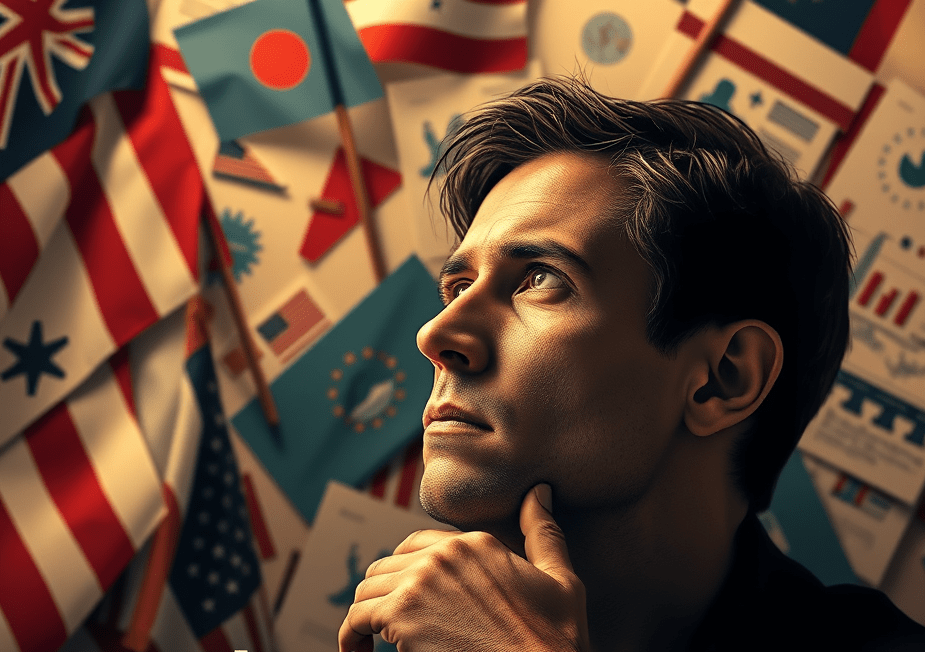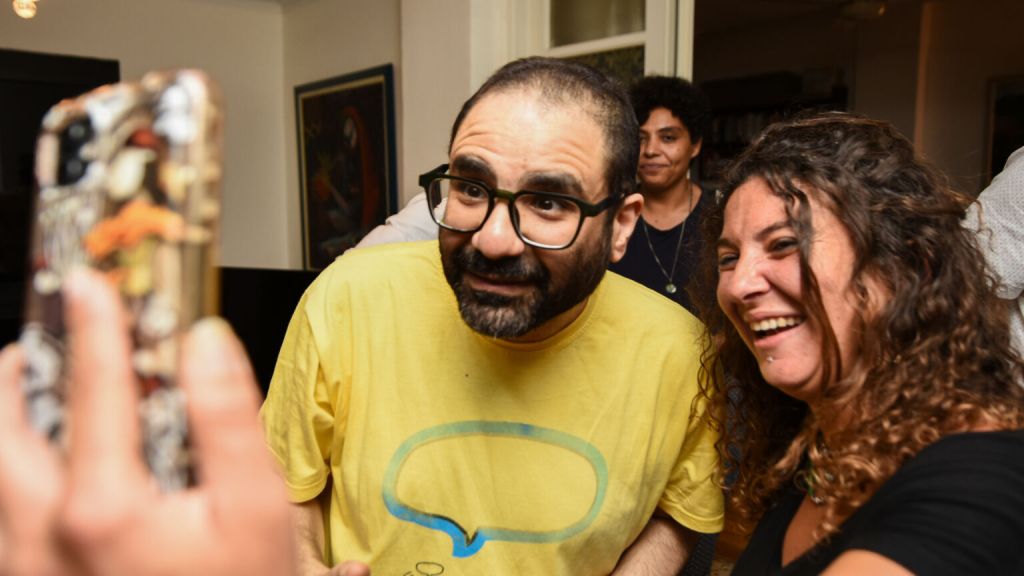I am reading an excellent book at the moment, "Factfulness" by Hans Rosling. I remember enjoying this, his first, fantastic TED talk in which he turned statistics into entertainment to great effect.
I am enjoying the book and recommend it to you. I have already taken two graphs from it and put them on my smartphone so that I can produce them at a moment's notice. They are updated versions of the amazing "bubble graph" with which he opened that famous talk. They refute most of the assumptions of my friends when they talk about the world and what should be done to make it better.
Here is global life expectancy in 1965. The developing world has "big families and many children die".
Here is the same graph from the latest figures, in 2017. All Rosling's statistics are from sources (the UN, the WHO, national statistical agencies) that people on the Left usually choose to believe. He was an expert in his field and I trust him, even if I don't always trust them.
It's a different world, but our public policy on such matters as overseas aid is still based on the first graph. Why? because the "facts" most deeply seated in our minds are the ones passed on to us by our parents and teachers. We in "the West" (a concept with which Rosling has a lot of fun in the book) behave, with squirearchical condescension, as if the world was still that way. Worse, we cling to the binary; us vs them, black vs white, rich vs poor, views of the world that the first of the graphs coloured, but which the two of them – taken together – disprove.
We cling to our familiar world-view not just because we don't see new data but because we like simple patterns; ideally with binary choices. We survived in the wild as early humans by making – and instantly acting upon – rapid and necessarily crude evaluations of our surroundings. Fight or flight depended upon an immediate decision based on imperfect data often acquired from peripheral vision. That's why we like our action movies, with unblemished heroes and irredeemable villains. Simple binary choices are what we are comfortable with – and the more important and frightening the choice – the more we crave them. That may be the reason for the appeal of political ideologies based on struggles between opposing forces. It may be why in the present pandemic we have formed into two rival factions between freedom and safety. That kind of dialectic appeals to us.
On that same theme, to the extent it doesn't confirm our ideological stances, we tend to ignore new data This is the lethal "confirmation bias" that prevents intelligent discussion and makes us cling to the apron strings of the familiar ideas we grew up with. I have changed my mind a few times in my life. I have been a member of left, centre, right and liberal parties before I reached my present view that they're all parasites on the make and to be avoided like lepers. That may suggest more open-mindedness than the average, but I don't delude myself. It only involves a few extraordinary moments of my life. Most of the time, I cherry-picked the available data to support my current thinking just like most people. If I am honest, when my mind did change, it was not as a result of study or academic debate. It happened because of personal experiences that so shook me up as to cause me to read different books and listen to different experts. The change of heart came before the change of mind. The new reading then came in search of academic underpinnings for my new view. I may worship at Reason's altar, but I am as unworthy as any.
Child mortality and life expectancy are good, reliable indices of human progress. Judged by those indices, the world is unarguably a better place than it was in 1965. The old West got richer during this period but that didn't stop the Developing World from living up to a name originally given to it, let's be honest, as a euphemism. In fact, it has advanced relatively faster. Given the low base from which its people started, those advances have also meant much more to them than ours have to us. Conversely the pie-slicing, economic illiterates among us like President Trump are wrong to believe that the developing world could only get richer by impoverishing us. All those newly-rich Chinese did not pick our pockets and we don't need to pick theirs. We can all get richer by delivering the goods and services to each other that we are best-placed to supply. Adam Smith is still right.
We get richer either by having more money with which to buy more things, leisure or experiences or by them becoming cheaper so that the same money buys more. We can also get richer by having stuff that our predecessors couldn't have at any price. If (God forbid) forced to choose between them, my smartphone is now probably more valuable to me than my beloved car. Yet my grandfather never heard of such a thing and my father still doesn't value it at all. To go further back, King Henry VIII considered himself one of the wealthiest men in the world, despite having fewer material goods, leisure, healthcare facilities, cultural opportunities and scope for travel than a poor person on benefits in his Kingdom today.
We are all getting richer by combinations of all those things and more but the point is we are getting richer and our world is getting better. The dark, Guardian- or NYT-reader narrative in which the world is becoming a steadily nastier and more divided place is both stupid and malicious. At some level they must know their narrative is false. They advance it not for the noble reasons they state but because it justifies political changes that will give them more power.
We must therefore try to get past what people say they want politically and judge them by the fruits of what they actually do. Calling yourself "anti-fascist", for example, counts for nothing. It's how you would behave that counts. Asking me to support "antifa" because of what they named their movement is like calling a bullet "nourishment" and asking me to expect a tasty meal when you shoot me. Handsome is as handsome does and all else is what a late Polish friend called – when faced with biz-speak – "piramidalna bzdura!" (a great pyramid of shit).
I miss Hans Rosling and I am glad he left us this book. I don't know what his politics were and I don't need to care because, whatever they were, he did good science well. He dedicated his last years to writing this book in an attempt to finish his life's work, which was "…to show more people, more convincingly, that their opinions were no more than unsubstantiated feelings." If we can all read it, and then wrench ourselves away from exchanging those "unsubstantiated feelings" nastily with each other on Twitter and elsewhere, perhaps we can help Humanity do even better?










Leave a comment